Fannie Lou Hamer
Fannie Lou Hamer’s nationally televised testimony at the Democratic National Convention in 1964 beamed her message into America’s living rooms. She challenged party leaders to uphold America’s commitment to equality under the law. In plain language, she talked of getting fired and thrown off a Delta plantation for trying to register to vote. She offered gritty details of her vicious beating by police in the Winona jail in 1963. Hamer was an activist for voting rights and school desegregation. Until her death in 1977, she continued to speak for civil rights and advocate for poor people.

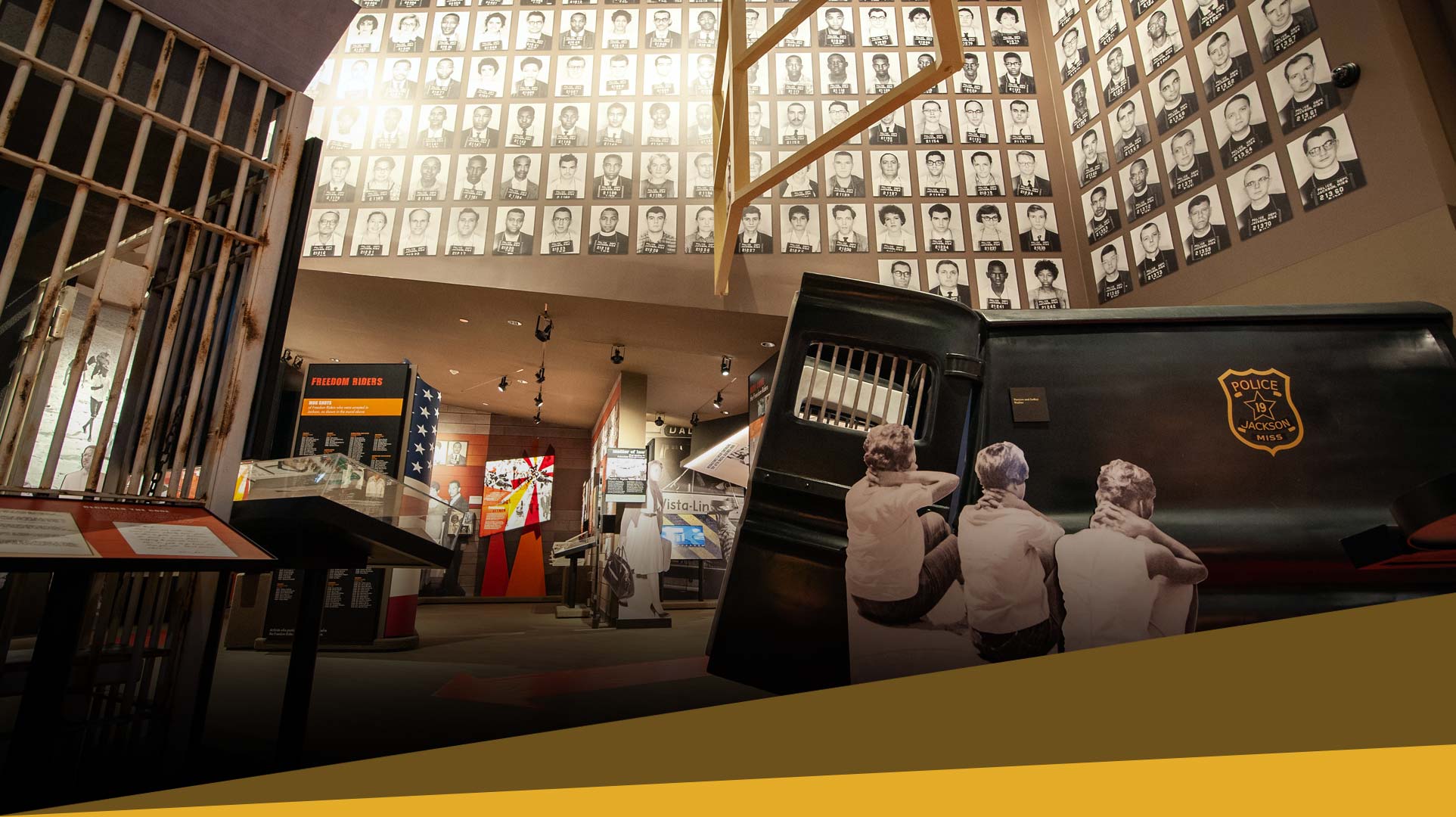
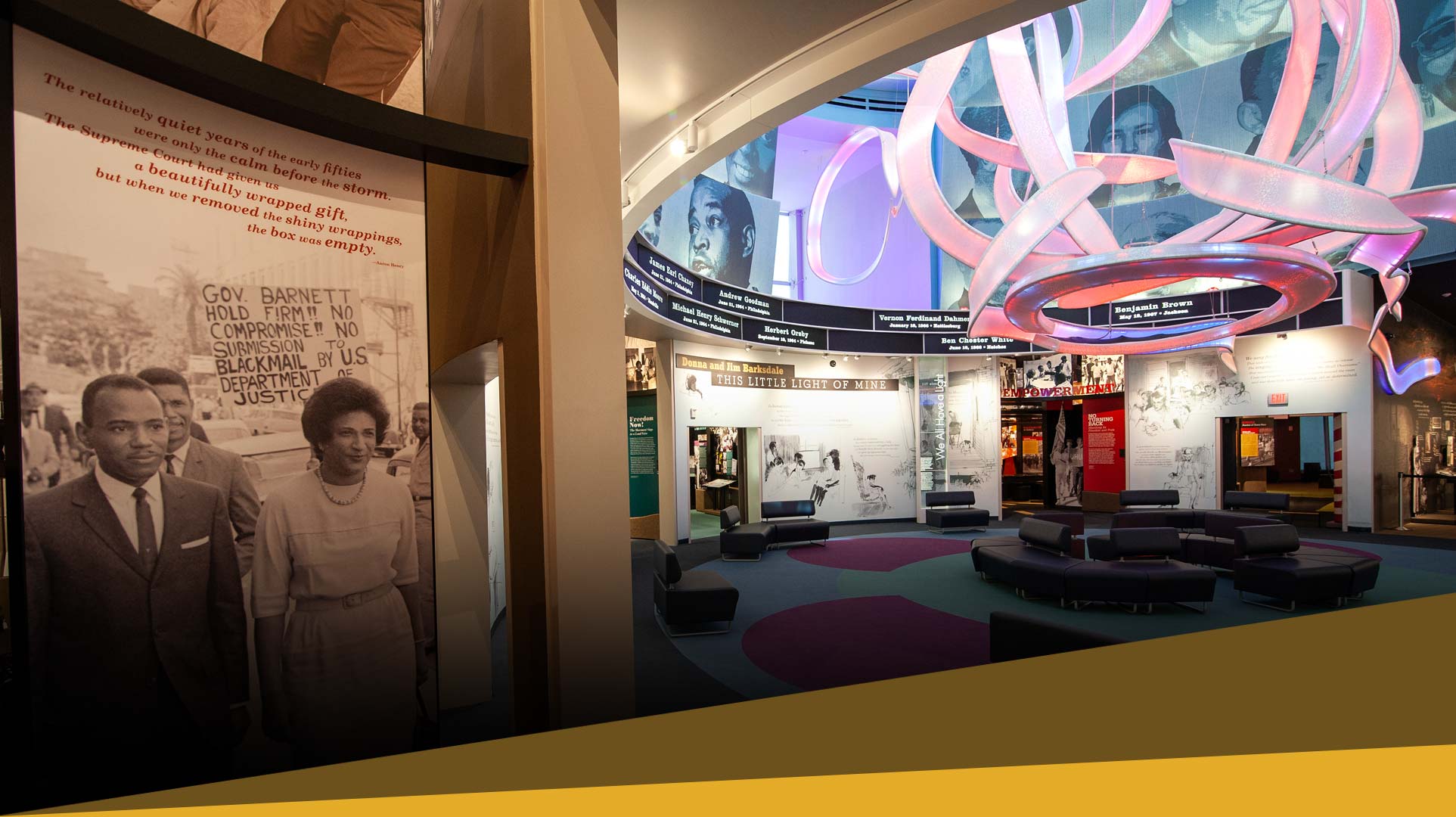

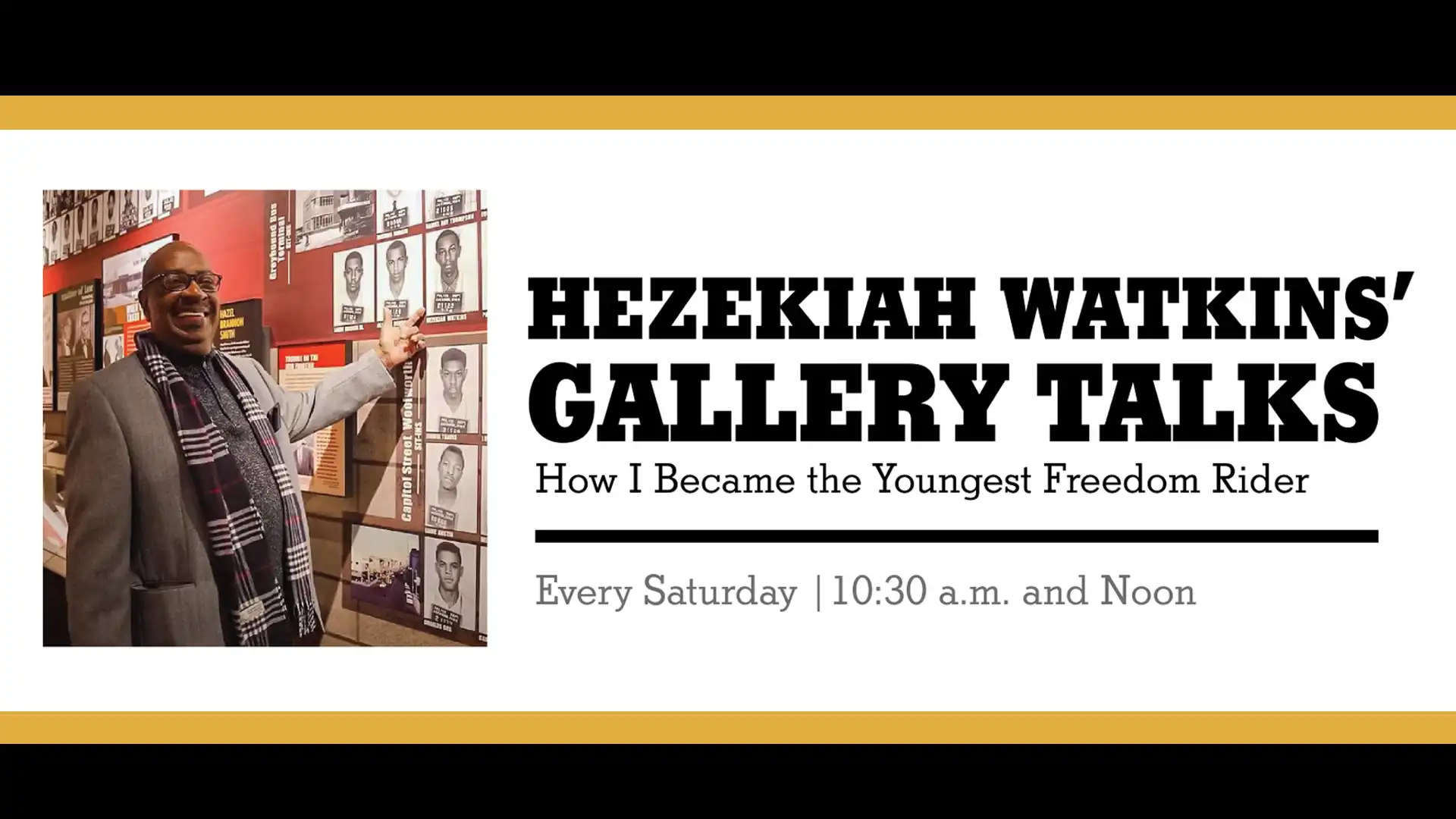
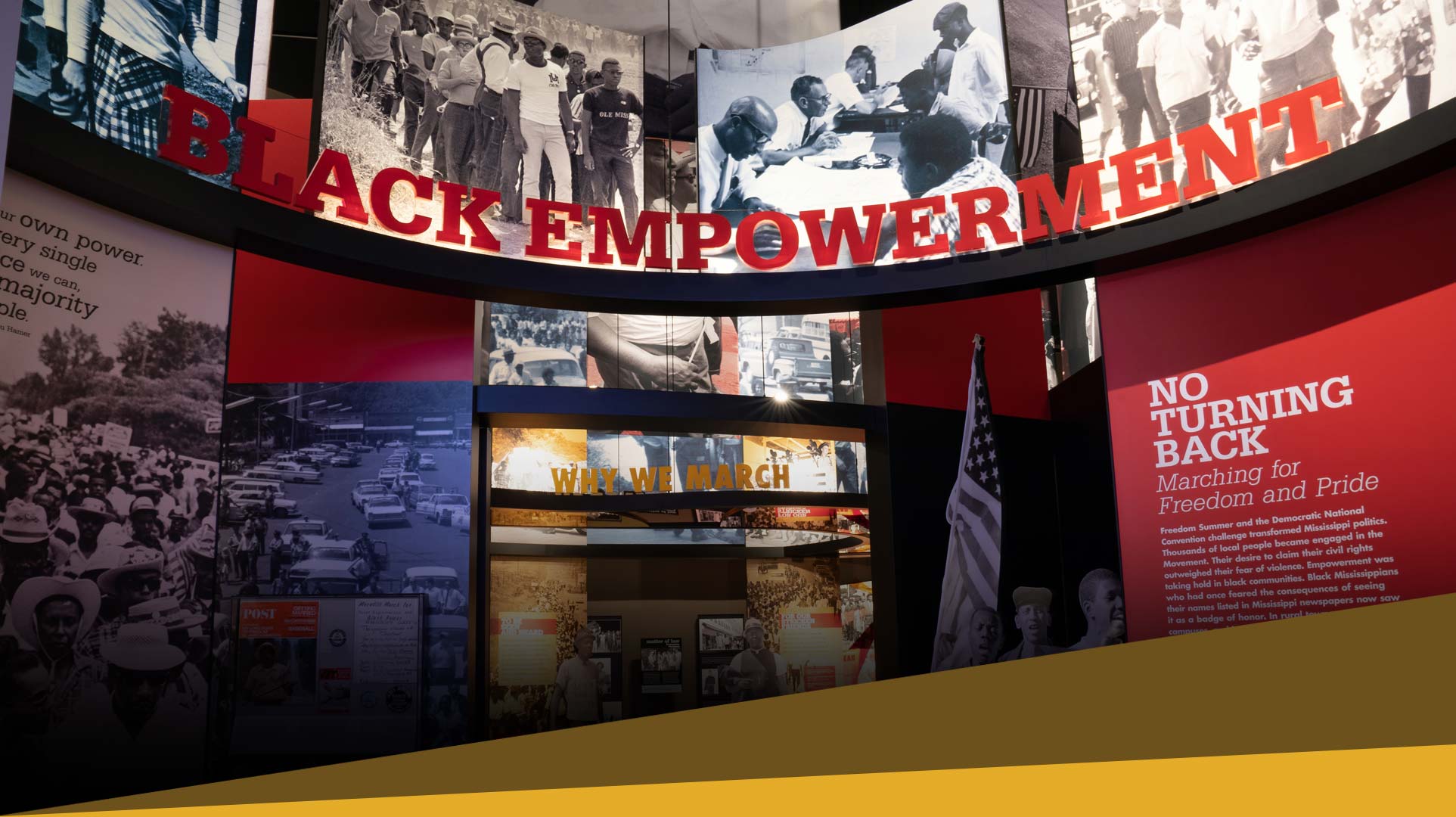

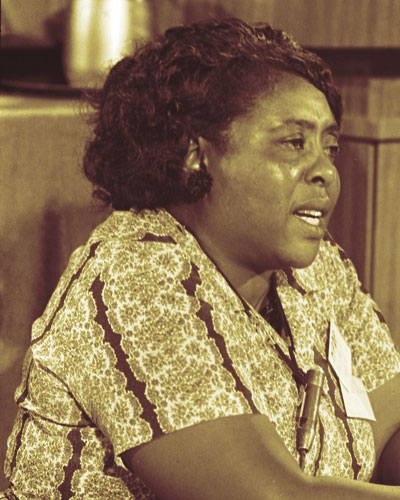

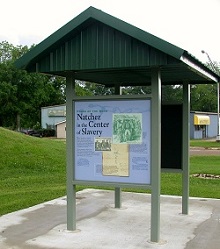 Location of the second-largest slave market in the Deep South
Location of the second-largest slave market in the Deep South Became a primary center of activity of the Civil Rights Movement in Mississippi
Became a primary center of activity of the Civil Rights Movement in Mississippi












